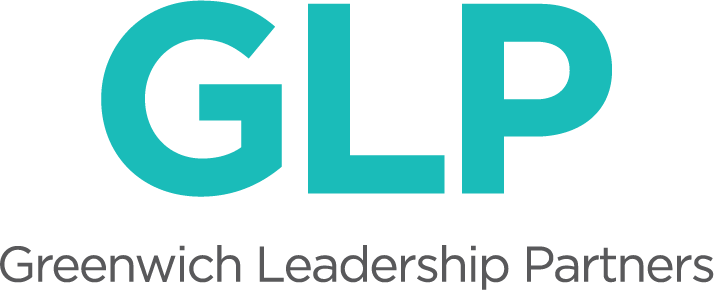Last week Liz and I headed to Orlando for the NAIS Annual Conference, three days packed with a variety of sessions exploring how independent education can change to become better for our students and families while still maintaining the critical aspects that make each school unique. Creativity, innovation, sustainability and student engagement are just a few of the myriad of topics educators from across the country and world presented on. There’s an incredible buzz in the independent school community about opportunities to improve and innovate in order to better prepare students for a new era - whether around teaching, curriculum or assessment. Our question is: now what?We began our visit in Orlando co-leading a three-hour workshop on strategic planning with our fabulous partners from The Latin School of Chicago, Randall Dunn, Kirk Greer and Charlie Gofen. Our workshop focused on how to engage and learn from all of your important stakeholders in the strategic planning process so you can produce a collaborative, living document that has input and buy-in from trustees, teachers, parents, alumni, and students. We had as much fun building the workshop over the past couple of months and reflecting on our work together as we had sharing it with everyone who joined us.
We were lucky enough to have more than fifty participants from a variety of schools (large, small, K-8, 9-12, K-12, boarding, day, for profit, foundation based, etc.) from all over the world. We structured the session to be interactive and offer opportunities to learn from each other and consider how our process could work in each individual’s context. Please check out our slide deck for more information. We used an interactive case study approach and offered our own "lessons learned" in conjunction with the great suggestions, observations and insights that surfaced among our attendees. Thanks to everyone who joined us, we had an incredible time meeting, and learning with, all of you.
The next two days were defined by important conversations and the exchange of ideas. Among our personal highlights during the conference were a lunch with Ken Kay of EdLeader21 and spending time with Denise Pope of Challenge Success. Denise and Ken are important voices in the conversation surrounding school today and where improvements can (and must!) be made. Both test our assumptions about what matters most for learning and keep students squarely at the center of the discussion and, even though they have different points of focus, we see strong connections in their objectives. Ken is working with schools and districts across the country to rethink learning and assessment around the skills and capacities young people need to thrive in the 21st century, focusing on the 4Cs - critical thinking, communication, collaboration, and creativity. His thought leadership, together with colleagues like Tony Wagner, is helping schools develop more relevant and engaging curricula, assessments and school design and is providing schools with valuable resources and networks for making these shifts.
Denise, on the other hand, is challenging educators to explore the relationship between health, wellness and academic achievement, reminding us that stress can have a profoundly negative impact on students’ lives. Her recommendations, ranging from reworking school schedules for student success to reconsidering the nature of homework, line up neatly with Ken’s, but use health and wellness as the lens to examine preparing students for college, career, and life. As a mom with a stressed out high school senior, her perspective is particularly relevant, with clear tips for how the school experience can be improved in ways that support the cognitive and noncognitive learning goals outlined by an organization like EdLeader21.
Finally, we feel it is worth mentioning that although the conference had positive energy and showcased some great work being done, it's clear that we still have a long way to go. There is a lot of conversation, but schools are moving slowly and carefully. Who will lead the way in taking meaningful steps towards a new model for learning that is aligned with our world today?
